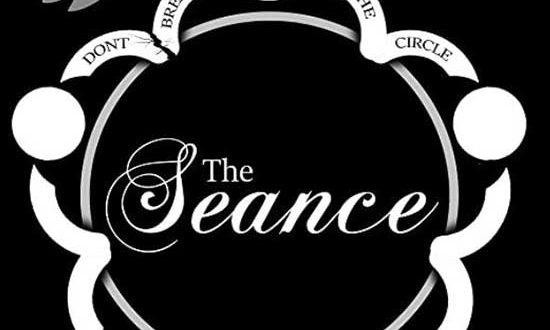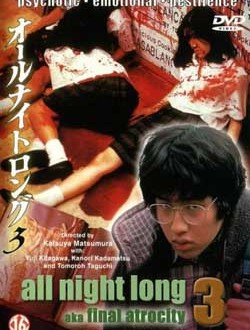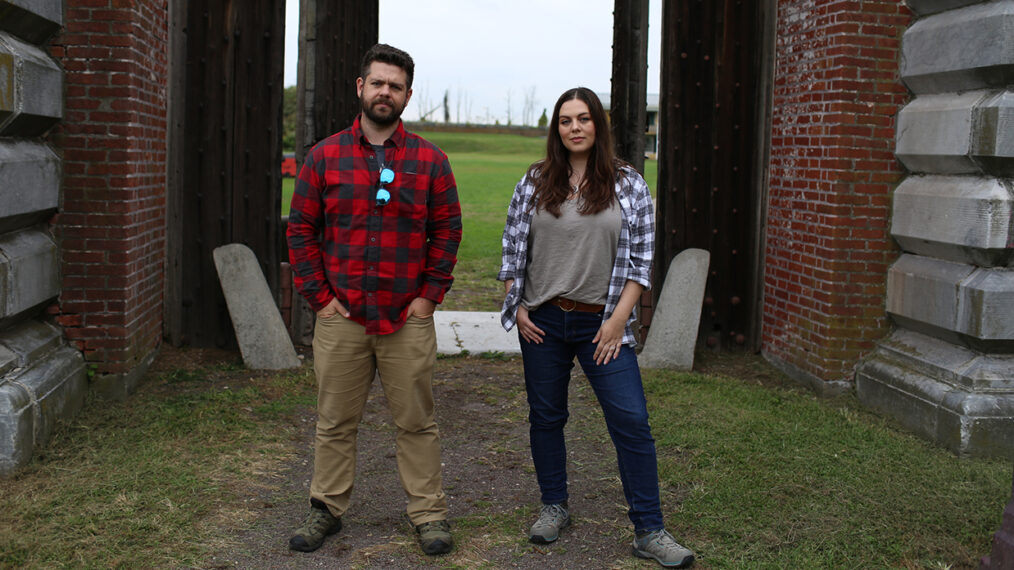Watch ‘Beba’ Review: Rebeca Huntt’s Debut Shines Bright Like a Diamond

Table of Contents
“Watch Online ‘Beba’ Review: Rebeca Huntt’s Debut Shines Bright Like a Diamond”
“‘Beba’ Review: Rebeca Huntt’s Debut Shines Bright Like a Diamond”
An insightful, engaging and all-around affirmational auto-portrait from an Afro-Latina New Yorker with an ear for poetry and an eye for the ineffable, “Beba” never questions its own right to exist. “You are now entering my universe. I am the lens, the subject, the authority,” she says at the outset, betraying a thoughtful, liberal-arts-college sensibility. “I carry an ancient pain that I struggle to understand,” she continues, confronting head-on the angst she feels as a woman of color, knowing full well that those with the easiest access to microphones and cameras will accuse her of whining, of playing the victim.
For a film like this to work, its creator can’t hide her flaws — which is saying something in a medium where movie stars so often do the opposite, insisting they be shot only from their flattering side or nixing scenes that make them seem weak. By contrast, Huntt takes strength from sharing both the good and the bad about herself. Imperfections make her credible, as Huntt pushes herself to be as authentic as possible — some might say “raw,” though her sense of montage is far too refined for that.
Also, let’s not kid ourselves: Beba, the version of herself that Huntt chooses to share, is movie star material. Discovering and/or acknowledging her power over men is part of the journey Huntt shares with us here, as when she checks in with Annie Seaton, the Bard College adviser who remembers her being surrounded by boys eager to do her bidding, and who warned her not to wear “belly shirts.” It’s a tough lesson — to check your own freedom of expression, lest it confirm others’ prejudices — and yet that same understanding informs her creative choices on the film.
Huntt grills her Venezuelan mother how it felt raising three “Black children” in a racist world, berating the Latin woman for her “microaggressive attitude” (making herself look like the bully in the process). She confronts her dad, a genial Black man born on a Dominican sugar-cane plantation, about packing the family into a one-bedroom apartment on Central Park West. “This is the best I was able to afford,” he explains. Had he gone for a bigger place somewhere else, “We would be in a neighborhood where, I assure you, one of you wouldn’t be alive today.” Still, Huntt’s older sister remembers picking up crack pipes on the street and incorporating them into a grade-school diorama.
“Beba” all but overflows with such impossible-to-invent details, interweaving images of a bygone New York with news of young Black men killed by cops. Her approach is not without manipulation, though Huntt uses such techniques to drill down to a deeper truth. She returns to the jungles of Venezuela, which gave her freedom — plus a room of her own — and the sunny 16mm footage takes on a dreamlike quality. She enlists a handful of liberal white friends to stage a typical late-night debate, at which she snaps, “I’m not the answer to white supremacy! Why don’t you figure it out?” before storming out into the New York streets.
Huntt interweaves all of the above with footage she’s been filming for more than a decade, anticipating the harsh critiques audiences might have of her naiveté, immaturity and insecurity (which are universal enough) with thoughtful commentary. “There is nothing honorable about trying to assimilate into a system that is designed to destroy you,” she says late in the film, sounding like someone who’s read a lot of James Baldwin. No doubt she has.
Huntt knows a great deal more about her subject — herself — than anyone, and yet the movie is a kind of reportage on those dimensions that elude her, like David Carr’s “The Night of the Gun,” in which the late journalist tracked down eyewitnesses to piece together a personal incident he couldn’t recall. Here, Huntt relies on others to reflect aspects of herself that she’s too close to recognize. She braids that with footage from earlier stages — a work-in-progress human being — as in a sloppy spoken-word reading where she’s still trying to find her voice.
It all comes together beautifully, with credit due to editor Isabel Freeman and composer Holland Andrews for making this meticulously structured collage feel so intuitive. Sometimes the screen is a window into the lives of complete strangers. At others, it’s a mirror that reflects our own. “Beba” is both. It’s not likely Huntt’s fellow millennials will do as fine a job as she has, but this film was all it took to convince me that this genre may in fact be the future of the medium.
If you liked the article, do not forget to share it with your friends. Follow us on Google News too, click on the star and choose us from your favorites.
For forums sites go to Forum.BuradaBiliyorum.Com
If you want to read more Like this articles, you can visit our Watch Movies & TV Series category




